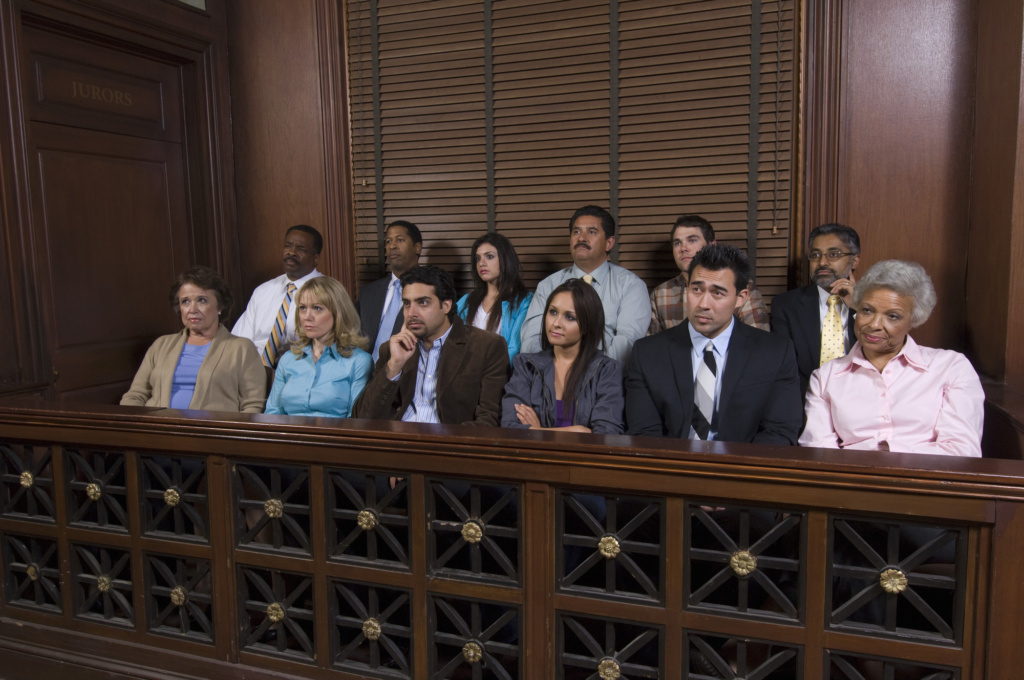A cloud of controversy continues to hang over the case surrounding three deputies who attended a funeral for a notorious militant leader, with a divided jury delivering mixed verdicts. After weeks of deliberation, two deputies were found guilty and sentenced to imprisonment, while a third was acquitted of all charges.
The case centered around the actions of the three deputies who, in a highly publicized incident, were filmed attending the funeral of Abu Musab al-Zarqawi, the former leader of the militant group, al-Qaeda in Iraq. Al-Zarqawi was a controversial figure, responsible for numerous violent attacks that claimed the lives of innocent civilians. His death, at the hands of US forces in 2006, was widely celebrated. However, the presence of the deputies at his funeral sparked outrage and accusations of sympathizing with a terrorist organization.
The prosecution argued that the deputies' attendance at the funeral constituted a clear act of misconduct, demonstrating a lack of judgment and potentially undermining public trust in law enforcement. The defense countered that the deputies were simply paying respects to a deceased member of their community and that their presence did not imply any endorsement of al-Zarqawi's ideology.
The split verdicts reflect the complexities of the case. On the one hand, the conviction of two deputies underscores the seriousness with which authorities view any actions that could be perceived as condoning terrorism. On the other hand, the acquittal suggests that a segment of the jury believed that the deputies' actions were not motivated by malicious intent.
The case has also reignited debates about freedom of association and the boundaries of acceptable conduct for law enforcement officials. While there is no doubt that al-Zarqawi was a violent extremist, some argue that the deputies' right to freedom of assembly should be protected, even in controversial circumstances. Others maintain that law enforcement personnel hold a unique position of public trust and that their actions must be held to a higher standard.
The legal ramifications of the case are likely to continue. The sentenced deputies have the right to appeal their convictions, and the outcome of those appeals could have a significant impact on the interpretation of law enforcement conduct in similar situations. The case is also certain to be debated within law enforcement agencies, as they grapple with how to navigate the delicate balance between respecting the rights of their officers and upholding the public's trust.

